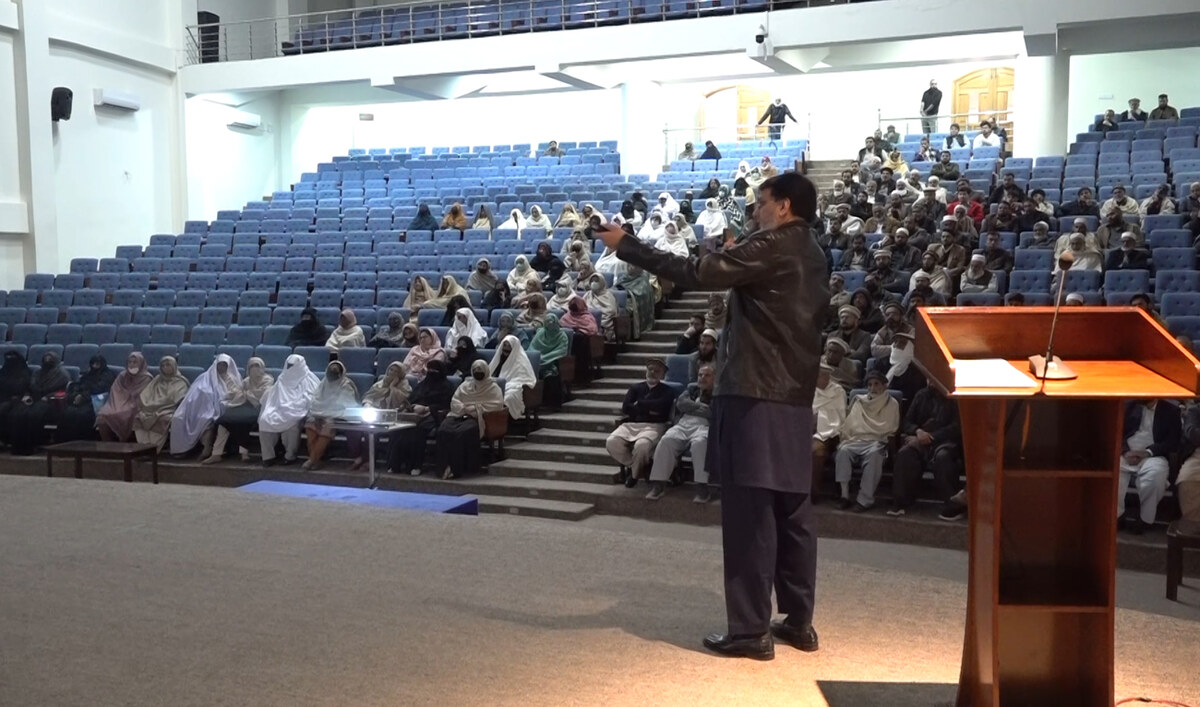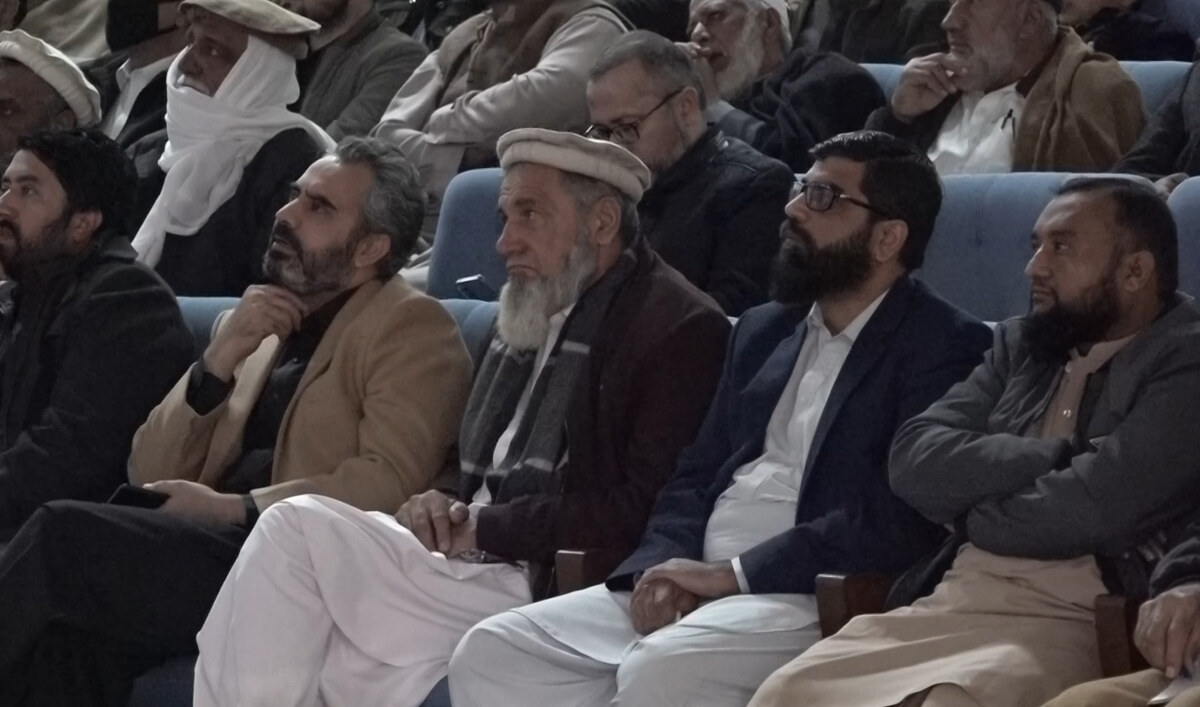ISLAMABAD: Prime Minister Shehbaz Sharif on Saturday reaffirmed his commitment to cultivating a thriving digital investment ecosystem as Pakistan became the first country to implement a global initiative to drive digital foreign direct investment.
The Digital Foreign Direct Investment Initiative, a collaboration of the World Economic Forum (WEF) and the Digital Cooperation Organization (DCO), was launched in 2022 to enhance cross-border digital investment, particularly in emerging markets.
Pakistan was the first country to volunteer to implement the initiative, marking the beginning of the Digital FDI-Enabling Project (DEP) in 2022. The project is structured around four pillars: digital infrastructure, digital adoption, new digital activities and digital services exports.
In its report issued on Friday, the WEF outlined targeted actions taken by the DEP team in critical areas for growth, carefully tailored to Pakistan’s socioeconomic conditions, regulatory framework and evolving digital landscape.
“From expanding revenues to increasing workforce and global exports, Pakistan is scaling new heights in its stride for digital transformation,” PM Sharif said on X, adding that he was “proud” to witness Pakistan as the first country to implement the initiative.
“We reaffirm our unwavering commitment to cultivating a thriving digital investment ecosystem, paving the way for #DigitalProsperity4All.”
In its report, the WEF noted that a consultative and data-gathering process identified 55 policy options as possible recommendations for addressing gaps in Pakistan’s digital ecosystem and attracting more digital FDI.
These insights were consolidated in a Findings Note that was reviewed by government partners and key industry stakeholders and presented to participants at a consultative workshop. The policy options were collectively prioritized to establish priority actions, according to the report.
Throughout the project, key stakeholders across each category were actively engaged through a series of consultations, follow-up meetings and a dedicated stakeholder workshop. This comprehensive engagement provided invaluable insights into Pakistan’s digital landscape and investment ecosystem to inform the project’s direction and outcomes.
“Pakistan is striving to boost digital foreign direct investment in the country by promoting a ‘digital-friendly’ investment climate,” the report read.
Last year, Pakistan’s State Minister for Information Technology (IT) Shaza Fatima Khawaja said the South Asian country planned to establish a National Digital Commission to ensure digitization of its economy and governance.
The commission will not only improve governance and tax collection efficiency, but it will also make the inter-ministerial coordination smooth, according to Khawaja.
Pakistan, faced with an economic meltdown in recent years, has made rigorous efforts to introduce structural reforms to revive its $350 billion economy.
Khawaja said paperless governance was “vital” to speed up the government operations and the commission would help remove procedural bottlenecks.
Pakistan is part of the 16-member DCO, the world’s first standalone international intergovernmental organization, which focuses on the acceleration of growth of an inclusive and sustainable digital economy.
Other members of the multilateral organization, founded in November 2020, include Bahrain, Bangladesh, Cyprus, Djibouti, Gambia, Ghana, the Hellenic Republic (Greece), Jordan, Kuwait, Morocco, Nigeria, Oman, Pakistan, Qatar, Rwanda and Saudi Arabia, collectively representing nearly $3.5 trillion in GDP and a market of nearly 800 million people, more than 70 percent of whom are under the age of 35.


























